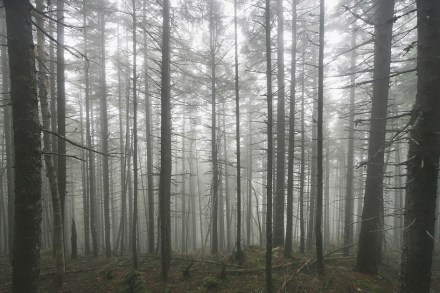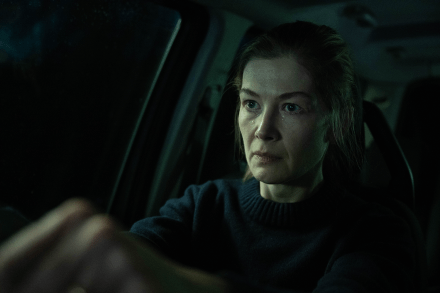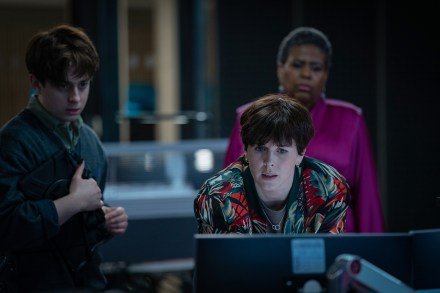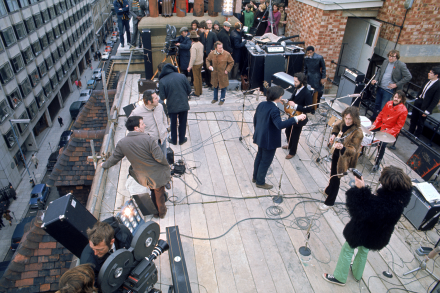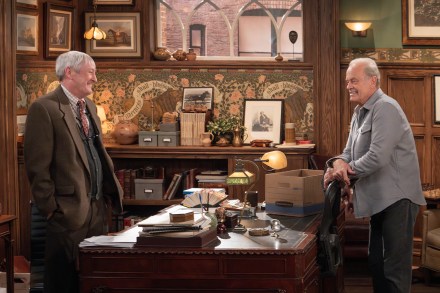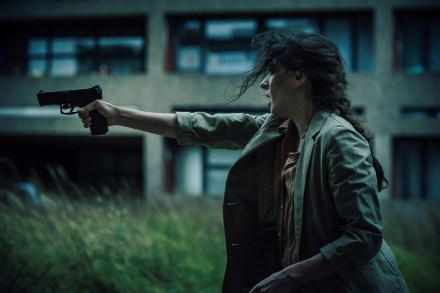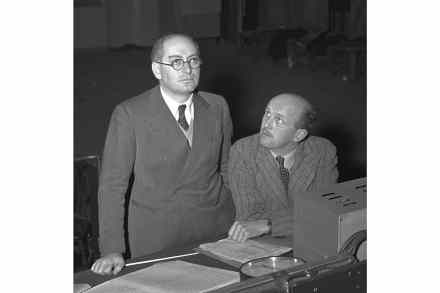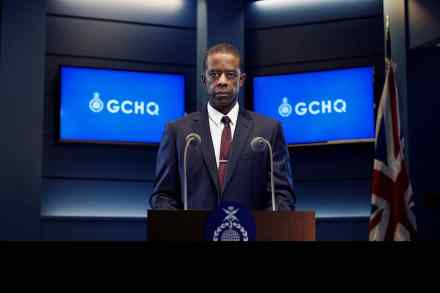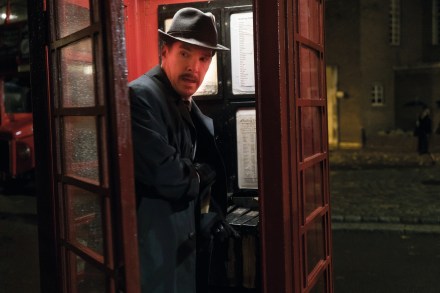A searching question: Heartwood, by Amity Gaige, reviewed
The Appalachian Trail is America’s secular version of the Camino de Santiago but more than twice as long. In Amity Gaige’s Heartwood, Valerie Gillis is a 42-year-old nurse and experienced trail-walker who nonetheless vanishes one day in the northern stretch, in Maine, the wildest of the New England states. Heading the search for her is Beverly Miller, a senior game warden, who stands out among her colleagues because she is 6ft, female and not a native Mainer. As the days go by, and despite the impressive number of volunteers looking for Gillis, the chances of finding her alive diminish. Miller, a veteran of similar searches, has to continue to motivate
